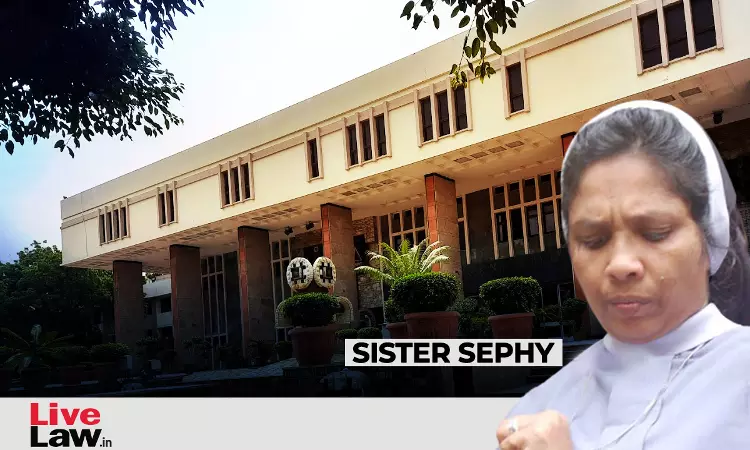Calling it a form of “inhuman treatment”, the Delhi High Court on Tuesday held that conducting virginity test on a female detainee or accused under investigation is unconstitutional and in violation of her right to dignity enshrined under Article 21 of the Constitution of India.Justice Swarana Kanta Sharma held that virginity test is “sexist” and violates human right to dignity of...

